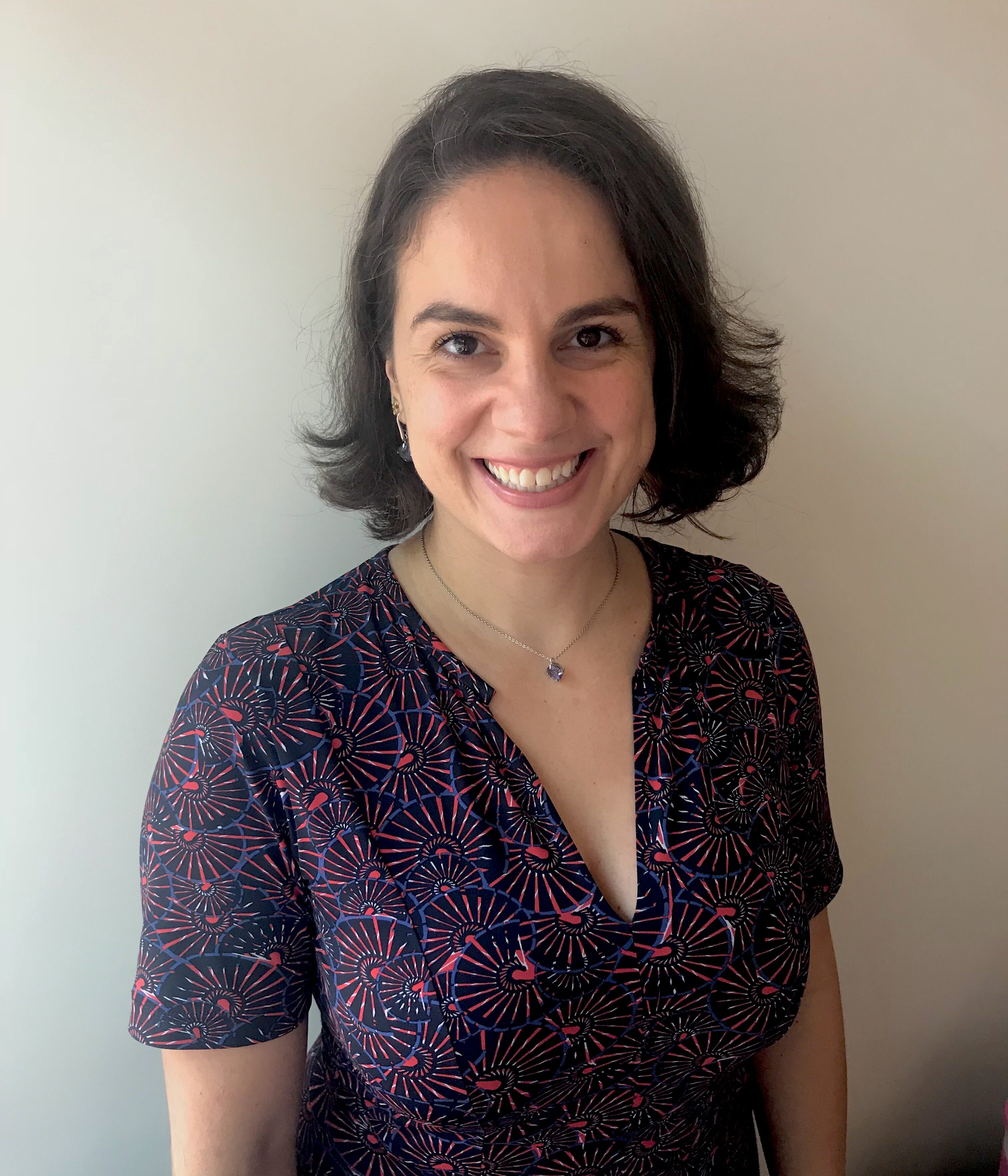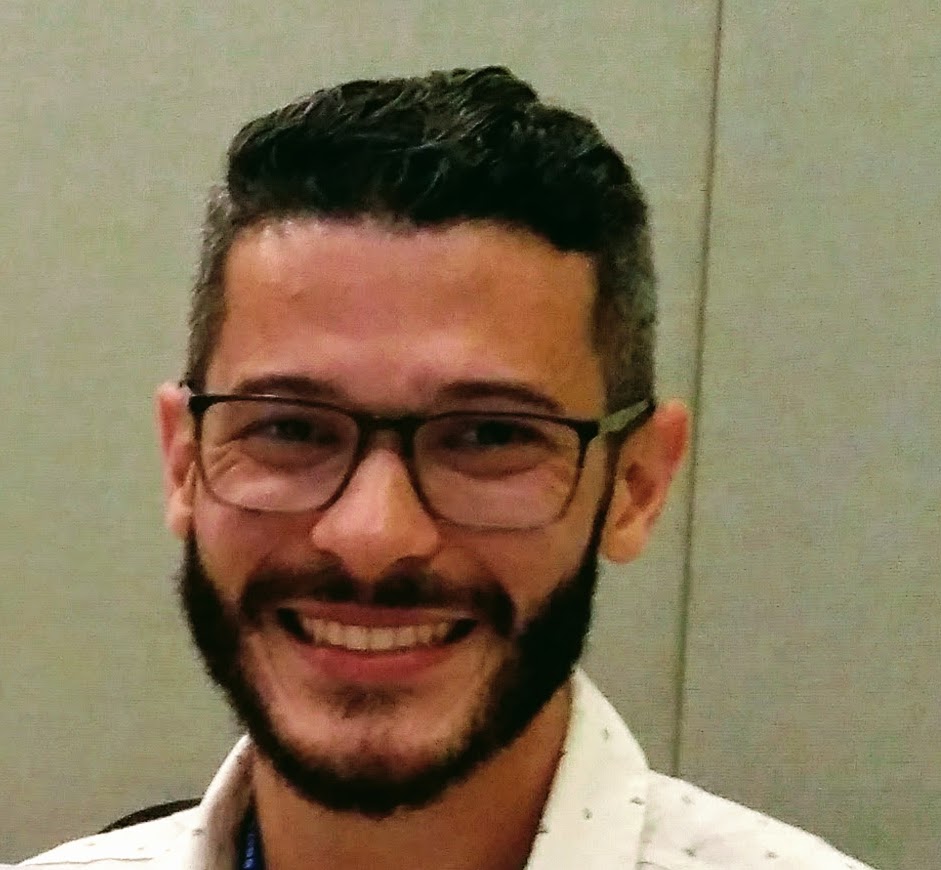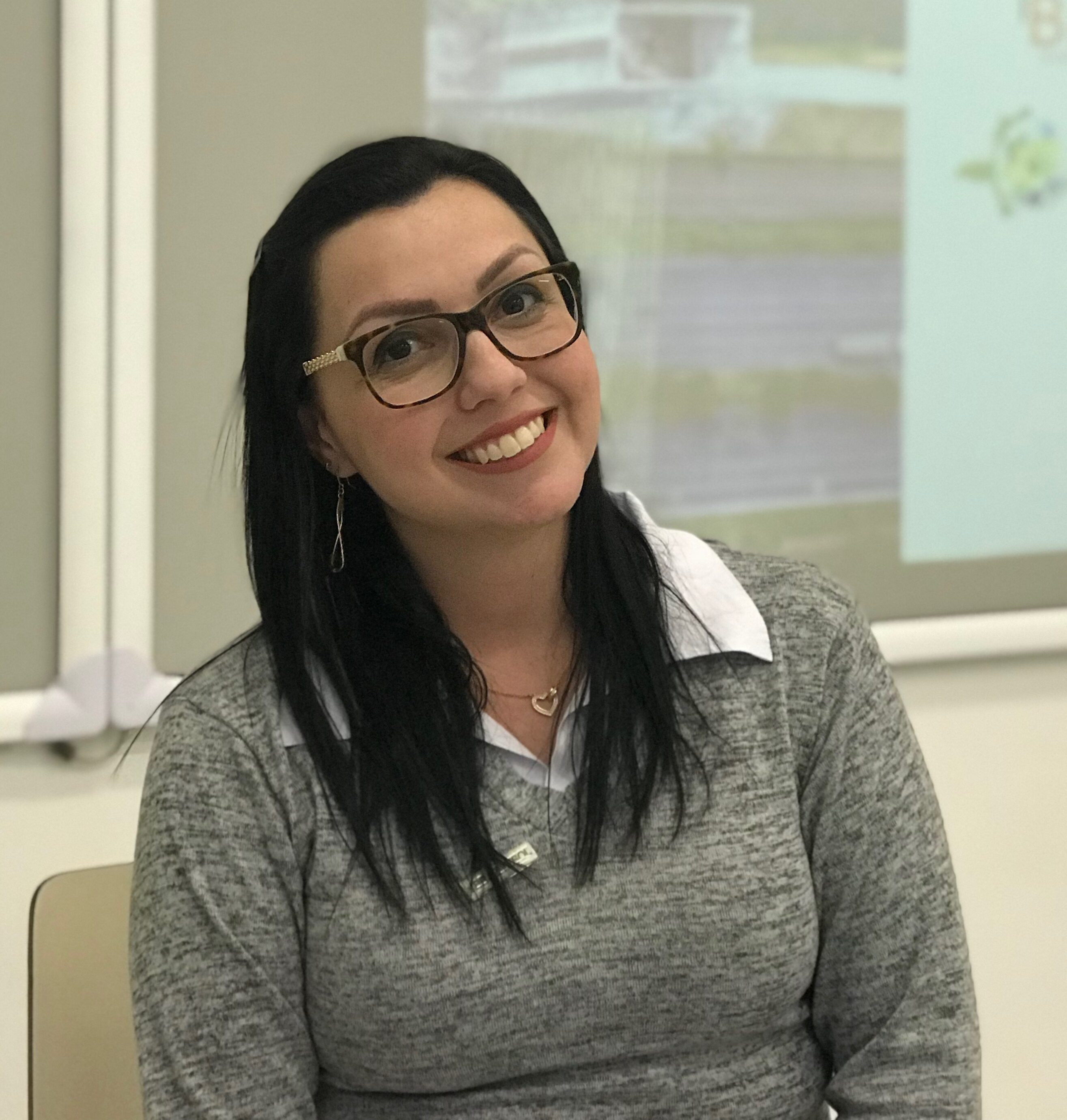Peace in the era of extreme choices
Lately, we seem to have been facing the social need to shout out opinions and to pick sides. The political scenario may have contributed to generalised polarised behaviour even in education. For me, and I believe for so many of my friends and peers, there is very little chance that one can work in the realm of education without critically analysing and considering politics and the future of our country. We read, we think, and our most important goal is to help other souls develop into becoming agents of change, through communication, reflection, debate, or any related area where language plays a crucial role. In this post I would like to bring some philosophical, perhaps existential or ethical questions regarding peace in the world of ELT in such a complex moment in our history.
The majority of the electors in Brazil, looked at the choices last year as a dual possibility: you are either against the new threat or against the old government. Many neglected to see different perspectives and the results to the country, some families and friendships seem to have been disastrous. Unfortunately, many of the educators in the field of ELT may be looking at our field in the same way, without realising it. Some conference presentations, for instance, include destructive criticism towards other professionals, schools, without careful research or reference to factual information that can ethically be shared among professionals. To make matters worse, we may inadvertently be teaching our students that it’s a war-based world and there is no other way to do it. Some of the possible ways we may be doing this reside in our attitudes and discourse: making fun of learners, negatively commenting about other professionals (to whom we may not even talk or whose perspectives we do not know/ understand), not doing research when we post, comment, discuss, give our opinions about various topics – as simple as different tastes in music, or books we have never read -, being intolerant to those who do not understand (or agree) with us.
This last one is especially true to the political situation we are going through. I struggle to understand why educators contribute to elect someone who seems to be completely against debates, critical thinking and diversity. However, the need for different viewpoints and opinions is the basis for growth, to enrich discussions. Most importantly, the belief that other people may grow to change their opinions and reflect upon the situation, learning to have a conversation, to strengthen their arguments, to listen to contrary perspectives, seems to be inherent to education. Therefore, as educators, we may want to set the example by showing tolerance towards those who seem to be shouting ‘truths’ without debating. Otherwise, we run the risk of becoming the ones that are actually screaming, (arrogantly) convinced that we have been right all along, but neglecting that it is also our role to help our learners listen to different opinions, study, critically reflect upon the world to engage into positive change. From my idealistic perspective, turbulence can be constructive, but wars leave so much devastation that there are no real winners.
It may seem even more utopian to consider that we may teach a great lesson through peace rather than wars, some may say peace only exists because of war. I tend to disagree with this idea as I believe ‘peace’ may oppose turbulence, arguments, constructive criticism – we may (and actually should) disturb the peace in education with non-aggressive behaviour, with ethics, open debate, healthy conversations where all parts involved are open to change their minds and learn with and from the others. What can we as teachers, educators in the field of ELT do to work towards change within our professional area, expanding it to our learners and eventually to society?





